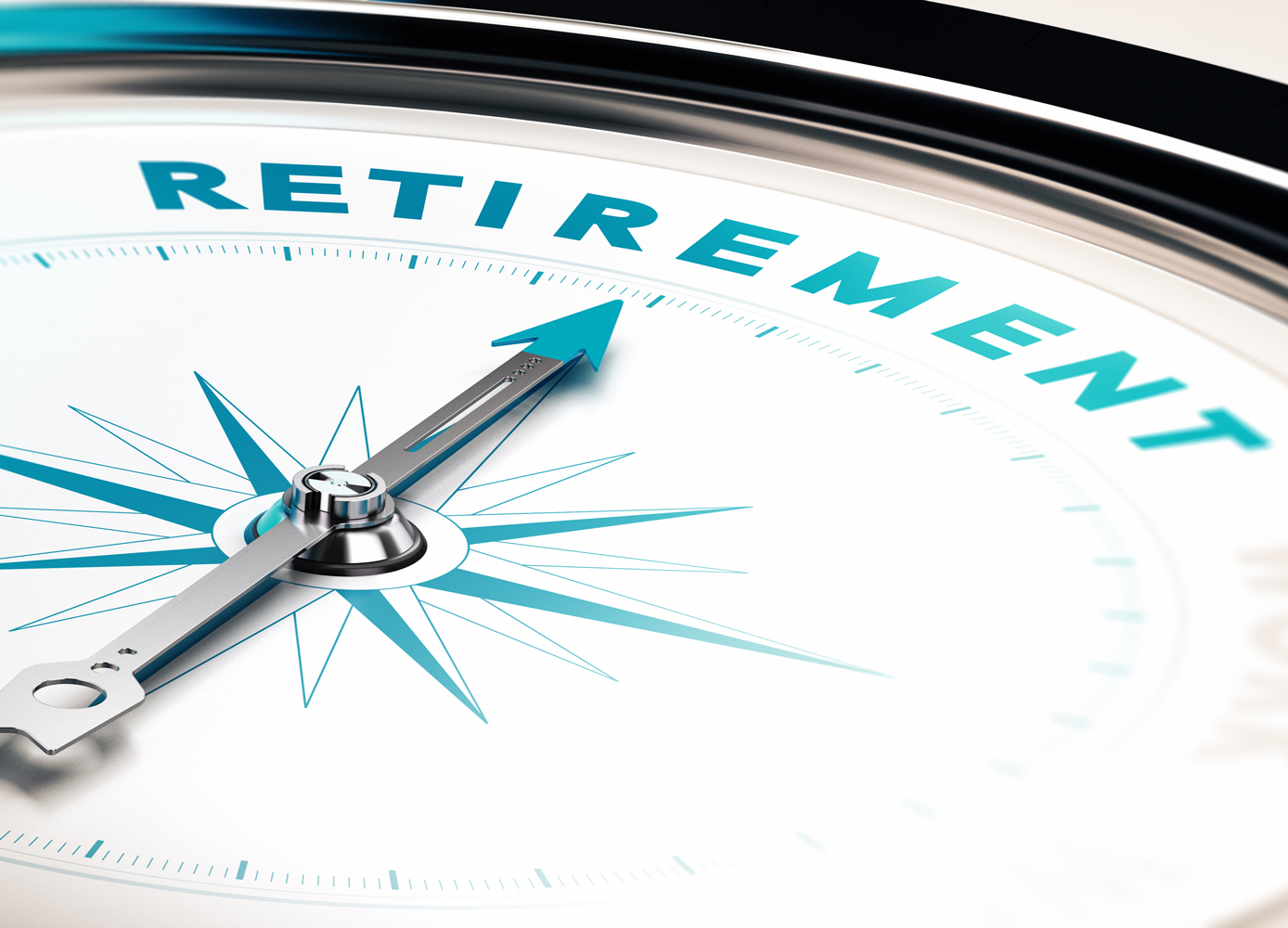Retirement involves a lot more than simply collecting a pension
By Olev Edur
So, you’re thinking about retirement. Congratulations—but are you really ready for this major life transition? Or are you going to discover that there’s a lot more to retirement planning than applying for your pensions and waiting for the money to roll in?
Evan Hickey, a financial planner with RBC Royal Bank in Halifax, points out that there can be many elements in a proper retirement plan, and many of the old bromides regarding retirement no longer apply; you need a comprehensive personalized strategy.
For example, one of the old axioms was that everyone needed a flat 70 per cent of their preretirement income to get by once he or she left work.
“We don’t go by that or any of the old standards anymore,” Hickey says. “You need to take an individualized approach to planning because everyone is different. You’ve got to look at what your living expenses will be in retirement.”
Kathryn Del Greco, vice-president and investment advisor with TD Wealth in Toronto, also believes that the old retirement rules are too inflexible for today’s world. “That general rule about needing 70 per cent of your preretirement income is not necessarily relevant to each circumstance. Sometimes you spend less or more—it depends a lot on your retirement lifestyle,” she says. “You have to draft a retirement budget, and you have to be honest with yourself about what you’ll need.
“The other thing that’s very important is to make sure you pay off all your debts,” she adds. Statistics Canada figures show that one-third of all retirees have some debt, so if you can’t pay it all off, make sure you finance it at the lowest possible rate. So if, for example, you have some credit card debt, see if you can access a lower-interest loan or line of credit to pay it off. Talk to your financial institution about how you can get the best rates.
Some of the biggest questions about retirement relate to investments—not only how much money you have but also how you should invest it and how much it will earn for you.
“One rule of thumb used to be that you would invest higher amounts in fixed-income investments as you aged,” Del Greco says. “And maybe that did apply in past years, when GIC rates were north of five per cent and bonds were paying decent rates, but in today’s low-rate environment, fixed-income investments are simply not going to generate sufficient income. You need to find an appropriate balance between fixed-income and equity investments.
“You need to have a mindset in which you expect your investments to provide cash to spend in reasonably predictable amounts at reasonably predictable times,” Del Greco explains. “You need to look at the total rate of return, which implies not just interest income but also dividends and capital gains earned in a balanced portfolio that reflects your risk tolerance.”
Putting It All Together
As can be seen from the foregoing, there are many elements to a sound retirement plan. This is why professional advice can be invaluable. Financial advisors know what products are available and which are best for your situation.
“A good financial advisor should be able to work closely with you, guiding you towards your goals,” says Jonathan Rivard, a financial advisor and regional leader with Edward Jones in Richmond Hill, ON. Rivard cites the following five key questions in creating your financial plan:
- Where am I now?
- Where would I like to be?
- Can I get there?
- How can I get there?
- How can I stay on track?
“If you follow these five guidelines,” Rivard says, “then you can create a plan that meets your goals in the best and most realistic way.”






